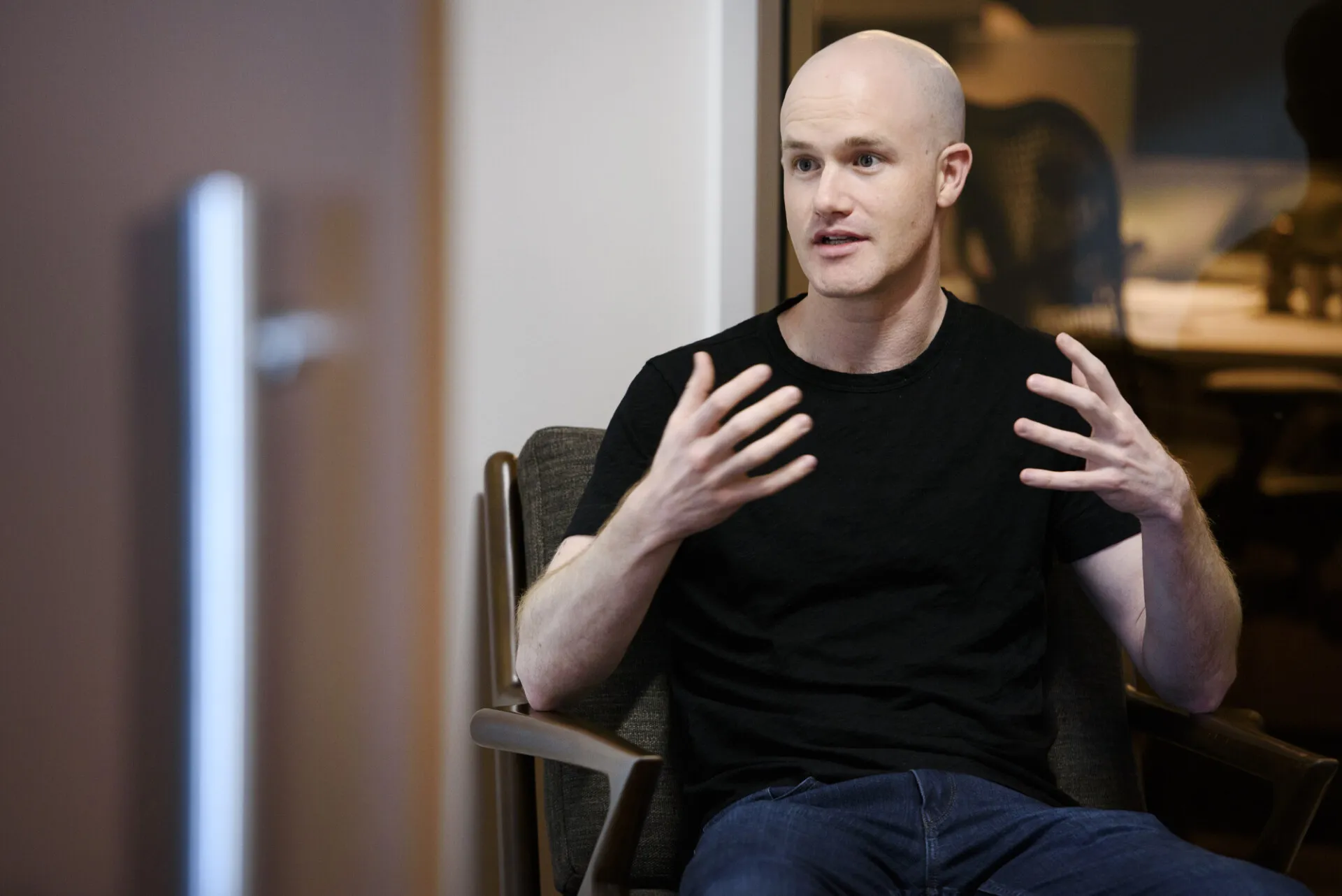Coinspeaker
Goldman Sachs Expects AI Tech to Boost S&P 500 Profits by 30% Over Next Decade
Although the onslaught of artificial intelligence (AI) is creating a major disruption in the market date, banking giant Goldman Sachs is bullish about the tech and expects it to boost the S&P 500 profits over the next decade.
The emergence of ChatGPT from OpenAI and several AI platforms subsequently, has created a significant storm in the tech space. While on the one hand, AT raises concerns over job losses, it also brings excitement on the other hand.
Particularly, the investor community is brewing with optimism as it expects AI to drive profit growth at a time of rising borrowing costs and supply chain problems. Speaking to CNBC on Thursday, May 18, Goldman’s senior strategist Ben Snider said:
“Over the next 10 years, AI could increase productivity by 1.5% per year. And that could increase S&P500 profits by 30% or more over the next decade. A lot of the favorable factors that led to that expansion (of S&P 500) earnings seem to be reversing. But the real source of optimism now is productivity enhancements through artificial intelligence. It’s clear to most investors that the immediate winners are in the technology sector. The real question for investors is who are going to be winners down the road.”
Snider takes us down memory lane adding that during the tech bubble of 1999-2000, it would have been hard to think about companies like Facebook and Uber changing our lives. He sees the artificial intelligence space in a similar situation right now.
Energy and Healthcare Attractive in Short Term
Snider also recommended that investors should spread their investments in the cyclical and defensive sectors. Furthermore, he said that considering the current valuations, the energy and healthcare sectors look attractive.
In the short term, he also expects the US Federal Reserve to end its monetary tightening measures. Snider said:
“The question is: In which ways will that continue to affect the economy moving forward? One sign of concern in the recent earnings season is that S&P 500 companies are starting to pull back a bit on corporate spending.”
“If interest rates are high, as a company, you might be a little more averse to issuing debt and therefore you might pull back on your spending. And indeed if we look at S&P 500 buybacks, they were down 20% year-over-year in the first quarter of this year – that is one sign perhaps we haven’t seen all the effects of this tightening cycle,” he added.
Goldman Sachs Expects AI Tech to Boost S&P 500 Profits by 30% Over Next Decade





